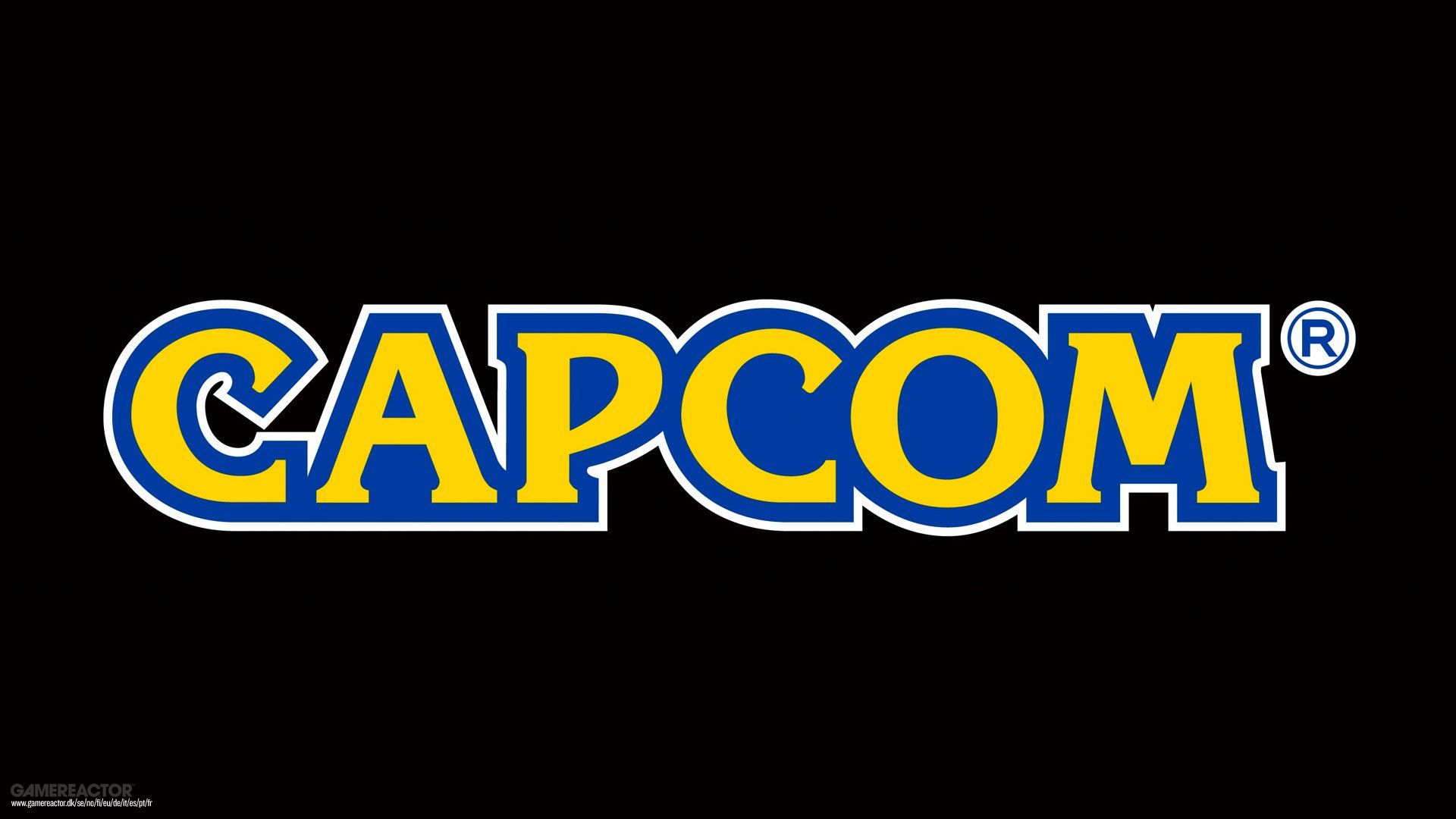In this article, we’ll be taking a journey through time and exploring the fascinating world of Capcom Co., Ltd., a Japanese video game company founded in 1979. You’ll learn about the company’s most successful game franchises, its global presence with subsidiaries in East Asia, Europe, and North America, as well as its success in the arcade and home console markets. We’ll also delve into some of the challenges Capcom has faced, including controversies, data breaches, lawsuits, and even recent investment from Saudi Arabia’s Public Investment Fund. So, let’s dive in and uncover the rich history of Capcom and its contributions to the gaming industry.
Capcom Co., Ltd.: A Journey Through Time
Capcom Co., Ltd. is a Japanese video game company that was founded in 1979. With a rich history spanning over four decades, Capcom has become an influential player in the gaming industry, known for its iconic franchises and innovative gameplay. This article takes you on a journey through the founding and early years of Capcom, its expansion and global presence, the controversies it has faced, cybersecurity breaches, financial developments, consumer games development divisions, diversification and licensing, successful game franchises, major accomplishments and awards, and concludes with an overview of the company’s journey.
Founding and Early Years
Capcom Co., Ltd. is established
In 1979, Capcom Co., Ltd. was established in Osaka, Japan. Originally named I.R.M Corporation, the company focused on the development and distribution of electronic game machines. It quickly gained recognition in the Japanese market for its arcade games.
Entry into the arcade market
During the 1980s, Capcom made significant strides in the arcade market. It released a series of successful titles, including the iconic Street Fighter, which revolutionized the fighting game genre. Street Fighter introduced innovative gameplay mechanics and memorable characters, capturing the attention of players worldwide.
Early success with titles like Street Fighter and Mega Man
The early years of Capcom saw the release of several blockbuster titles that would go on to define the company’s success. In 1987, Capcom introduced Mega Man, a critically acclaimed and beloved platforming series. Mega Man showcased Capcom’s ability to develop engaging and challenging gameplay, earning the franchise a dedicated fan base.
Expansion and Global Presence
Establishment of subsidiaries in East Asia, Europe, and North America
Capcom’s success in the Japanese market prompted the company to expand its operations globally. In the early 1990s, Capcom established subsidiaries in East Asia, Europe, and North America. This strategic move allowed Capcom to tap into new markets and cater to a diverse player base.
International release of popular franchises
With the establishment of global subsidiaries, Capcom was able to bring its popular franchises to the international stage. Games like Street Fighter II and Resident Evil captured the attention of players worldwide, garnering acclaim for their innovative gameplay and immersive storytelling. Capcom’s ability to create internationally appealing games solidified its position as a major player in the video game industry.
Capturing the home console market
In addition to its success in the arcade market, Capcom made significant strides in the home console market. The release of the Super Nintendo Entertainment System (SNES) and the Sony PlayStation provided Capcom with new platforms for its games. The company’s transition to home consoles allowed it to reach a larger audience and further expand its global presence.

This image is property of images.unsplash.com.
Criticism and Controversies
Controversial sales tactics
Capcom has faced criticism for its sales tactics, particularly with regards to downloadable content (DLC). Some players have accused the company of releasing incomplete games and charging additional fees for essential content. These controversies have sparked debates within the gaming community regarding fair pricing and consumer rights.
Business decisions under scrutiny
Over the years, Capcom’s business decisions have come under scrutiny. From the cancellation of highly anticipated projects to the shifting focus towards mobile games, the company’s decisions have been met with mixed reactions from fans and industry experts. While some decisions have been praised for their innovation, others have been met with disappointment and criticism.
Lawsuits related to copyright infringement
Capcom has also found itself embroiled in legal battles related to copyright infringement. The company has faced lawsuits from individuals and other game developers, claiming that Capcom used their intellectual property without permission. These lawsuits highlight the challenges faced by video game companies in navigating the complex world of copyright law.
Cybersecurity Breach and Fallout
Data breach and ransomware attack in 2020
In November 2020, Capcom experienced a severe cybersecurity breach. Hackers gained unauthorized access to the company’s network, compromising sensitive data and encrypting files through a ransomware attack. The breach resulted in the theft of employee and customer information, causing significant disruption to Capcom’s operations.
Impact on the company’s operations
The cybersecurity breach had a profound impact on Capcom’s operations. The company faced downtime, loss of data, and financial losses as a result of the attack. To mitigate the impact, Capcom quickly implemented measures to contain the breach and restore its systems.
Steps taken to mitigate cybersecurity risks
Following the cyberattack, Capcom took several steps to enhance its cybersecurity defenses. The company invested in advanced security measures, implemented stricter data protection protocols, and provided enhanced cybersecurity training for its employees. These proactive measures aimed to prevent future breaches and protect the trust of its stakeholders.

This image is property of images.unsplash.com.
Financial Developments
Saudi Arabia’s Public Investment Fund acquires 5% stake in Capcom
In 2022, Saudi Arabia’s Public Investment Fund (PIF) acquired a 5% stake in Capcom. This strategic investment marked a significant milestone for the company, attracting attention from both the gaming industry and financial sectors. The investment provided Capcom with additional capital for future projects and signaled the confidence of investors in the company’s growth prospects.
Effects of the investment on the company’s future
The investment by PIF opened up new opportunities for Capcom, allowing it to further expand its operations and explore new ventures. With enhanced financial resources, the company could invest in the development of cutting-edge technologies, innovative gameplay mechanics, and captivating storytelling. This investment positioned Capcom for continued success and growth in the highly competitive gaming industry.
Strategic partnerships and collaborations
In addition to the investment by PIF, Capcom has also entered into strategic partnerships and collaborations with other companies. These collaborations have allowed Capcom to tap into new markets, leverage the expertise of other industry leaders, and create unique gaming experiences. By joining forces with renowned brands, Capcom has expanded its reach and solidified its position as a global gaming powerhouse.
Consumer Games Development Divisions
Overview of Capcom’s internal gaming divisions
Capcom has two internal Consumer Games Development divisions, each responsible for the development of different game franchises. These divisions work closely together to create high-quality games that cater to a diverse range of players.
Different franchises developed by each division
One of the Consumer Games Development divisions at Capcom focuses on the development of iconic franchises like Street Fighter and Devil May Cry. These franchises have become synonymous with Capcom and have left a lasting impact on the gaming industry.
The other division is dedicated to the development of franchises such as Resident Evil and Monster Hunter. These franchises have garnered critical acclaim for their immersive gameplay, captivating narratives, and stunning visuals.
Collaborations and crossovers between franchises
Capcom has also fostered collaborations and crossovers between its franchises, creating unique gaming experiences for fans. These collaborations have resulted in memorable crossover fighting games, where characters from different franchises face off against each other. These collaborations have not only delighted fans but also showcased Capcom’s creativity and ability to push boundaries.
Diversification and Licensing
Expansion into other entertainment sectors
In addition to its focus on video game development, Capcom has expanded into other entertainment sectors. The company has ventured into animation, film, and merchandise, capitalizing on the popularity of its game franchises. This diversification allows Capcom to engage with fans across various mediums and generate additional revenue streams.
Publication of strategy guides
Capcom also publishes strategy guides for its games, providing players with in-depth tips, walkthroughs, and secrets. These guides have become collectible items and are highly valued by fans who want to fully experience and master Capcom’s games.
Licensing properties for tie-in products and media adaptations
Capcom has licensed its properties for tie-in products and media adaptations, including comic books, toys, movies, and TV series. These collaborations help to expand the reach of Capcom’s franchises, allowing them to reach a wider audience beyond the gaming community. Through these partnerships, Capcom continues to captivate fans and solidify its presence in popular culture.
Successful Game Franchises
Introduction to Resident Evil
Resident Evil is one of Capcom’s most successful and influential franchises. The series birthed the survival horror genre, immersing players in tense and atmospheric gameplay. With its memorable characters, gripping narratives, and innovative gameplay mechanics, Resident Evil has become a staple in the gaming industry.
Popular Monster Hunter series
The Monster Hunter series is another pillar of Capcom’s success. The franchise has captivated players with its immersive world, cooperative gameplay, and challenging battles against formidable monsters. The Monster Hunter series has fostered a dedicated community of players and continues to thrive with each new installment.
Legacy of Street Fighter and its impact on the fighting game genre
Street Fighter, Capcom’s flagship fighting game franchise, has left an indelible mark on the gaming industry. The series introduced competitive fighting games to arcades and home consoles, inspiring countless imitators and shaping the genre as we know it today. Street Fighter’s legacy can be seen in the thriving esports scene and the continued popularity of fighting games worldwide.
Major Accomplishments and Awards
Recognition for innovative gameplay and graphics
Capcom has received numerous accolades for its innovative gameplay and graphics. The company’s commitment to pushing the boundaries of technology and creating immersive experiences has been recognized by both critics and players alike. Capcom’s dedication to excellence has cemented its reputation as a pioneering force in the gaming industry.
Awards received for storytelling and character design
Capcom’s ability to craft compelling stories and memorable characters has also been acknowledged with awards. The company’s commitment to storytelling and character development has resulted in emotionally engaging experiences that resonate with players on a profound level.
Capcom’s influence on the gaming industry
Capcom’s contributions to the gaming industry cannot be understated. The company’s innovative games, successful franchises, and technical achievements have influenced and inspired countless developers and players. Capcom’s pioneering spirit and dedication to creating memorable experiences have helped shape the industry into what it is today.
Conclusion
Capcom Co., Ltd. has come a long way since its founding in 1979. The company’s commitment to pushing the boundaries of gaming has resulted in some of the industry’s most iconic franchises and groundbreaking titles. While Capcom has faced its fair share of controversies and challenges, it has consistently demonstrated resilience and adaptability. With its expanding global presence, strategic partnerships, and commitment to innovation, Capcom continues to shape the gaming industry and captivate players worldwide.


